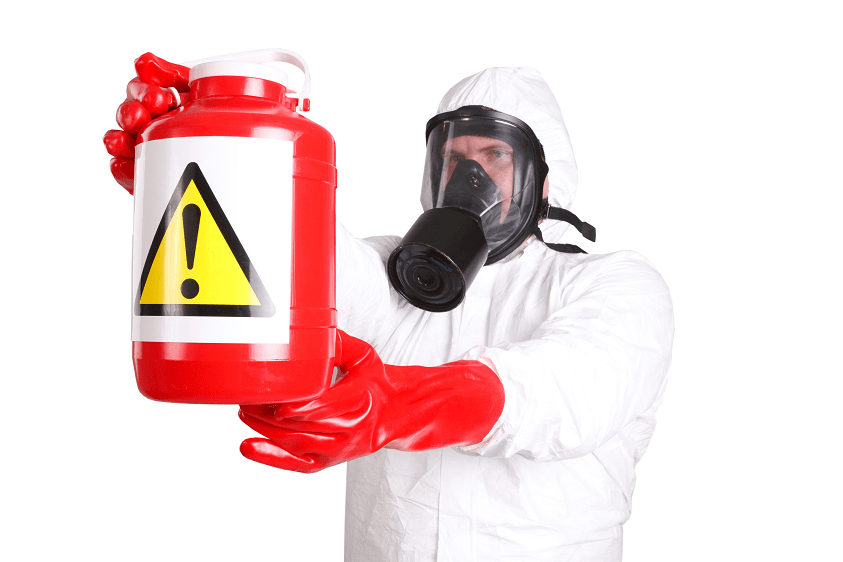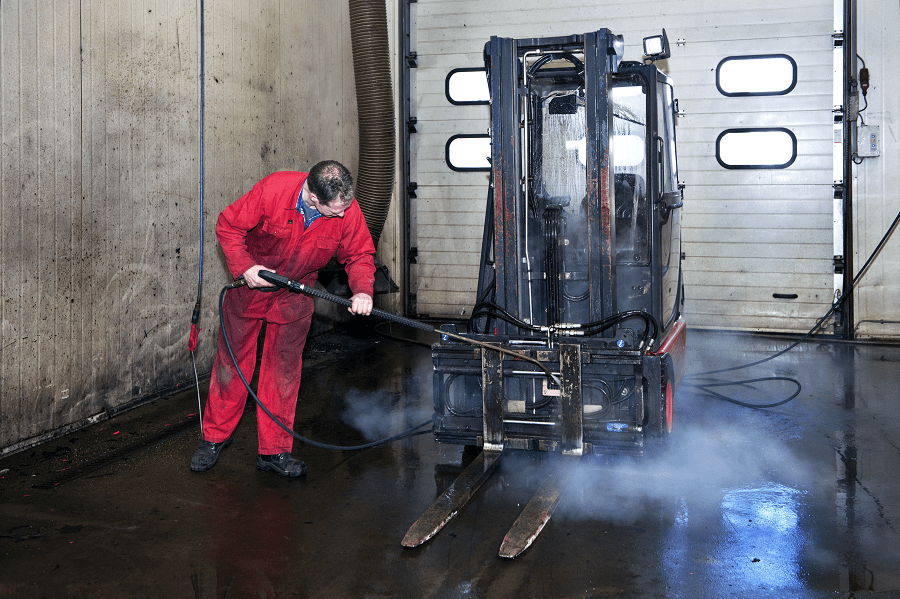Most people associate carcinogens with tobacco products and air pollutants, not with industrial solvents. But some carcinogenic chemicals that cause air pollution come from these solvents, and long-term exposure to the carcinogenic substances can predispose you to...









